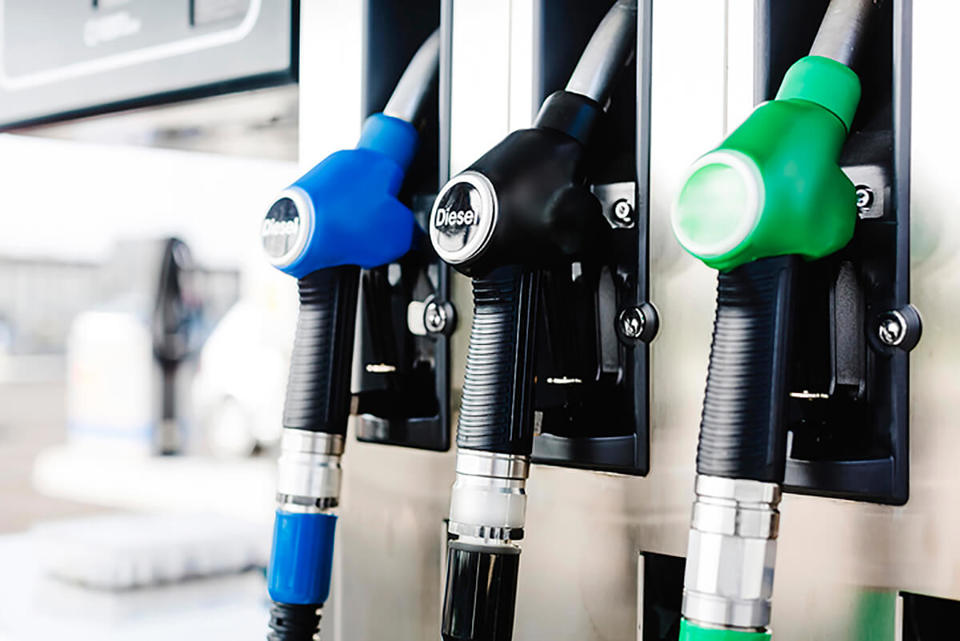Increased tensions in the Middle East are likely to push up pump prices further, with diesel and petrol already at their most expensive since November, according to the RAC.
It is warning that both the cost of petrol and diesel could be impacted by conflict in the region, pushing petrol beyond 150 pence per litre (ppl) and diesel even higher.
“While the situation in the Middle East could raise pump prices, petrol retailers are doing all they can to keep prices as low as possible for their customers,” said Gordon Balmer, executive director of the Petrol Retailers Association (PRA).
Data from RAC Fuel Watch, published earlier this month, showed that petrol had increased by almost 2ppl in March, from 144.62p to 146.48p.
Diesel rose by more than a penny from 154.68p to 155.99p.
RAC fuel price spokesperson Simon Williams says that this year is proving to be another tough one for drivers with the price of fuel going up 9p a litre so far, adding £5 to the cost of filling up an average family car.
“Both petrol and diesel are now the most expensive they’ve been since November last year which is bad for households, businesses and the economy, especially as we know there is a close link between fuel prices and inflation,” he added.
“With increased tensions in the Middle East, the cost of oil is only likely to go up which could push petrol well above 150p a litre. While diesel is getting close to 160p, this is purely down to retailers taking much bigger margins as there’s only been a few pence between the wholesale prices of both fuels since mid-March.
“We find it hard to believe that a margin of 13p a litre on diesel – compared to the long-term average of 8p – is fair. This surely won’t go unnoticed by the Competition and Markets Authority which only two weeks ago expressed its concern about higher retailer margins.”
However, Balmer hit back saying it was disappointing that, while it is working with the relevant Government departments to lower the costs for motorists, the PRA must “constantly correct the narrative offered by some commentators in the media”.
“Petrol retailers operate on razor thin margins in a highly competitive market,” he explained. “They have had to contend with a substantial increase in their operating costs in the form of energy, business rates, national minimum wage, and record levels of retail crime.”
The PRA represents independent fuel retailers, motorway service operators and supermarkets which account for 65% of all UK forecourts.
“As most will understand, when costs increase, and sales reduce, margins must also increase to ensure that the business viable,” he added.
“If petrol stations started going out of business, the country’s energy security would be compromised, motorists would have to drive further to fill up on fuel and a substantial number of jobs would be lost.”





















Login to comment
Comments
No comments have been made yet.